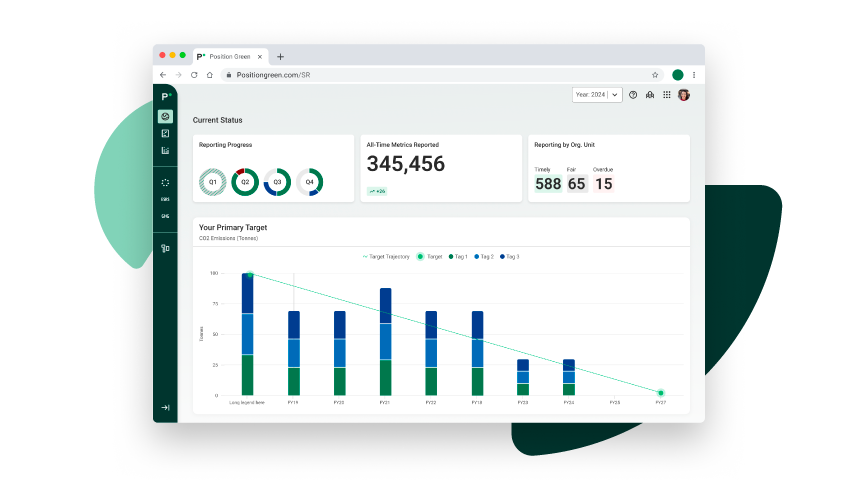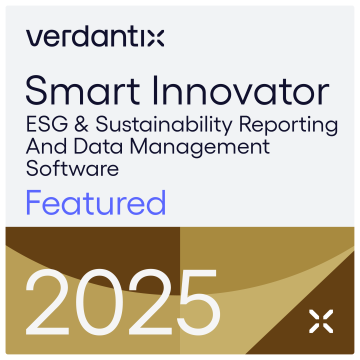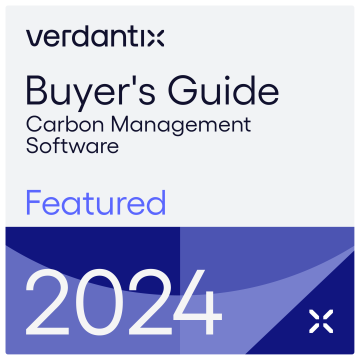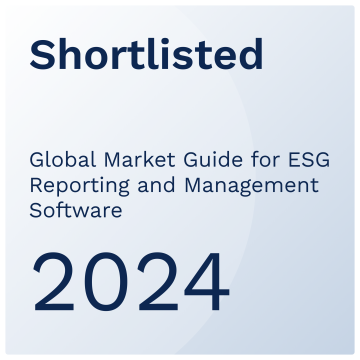High-Impact software features
Defined impact areas
Connect defined impact areas to the SDGs using tags that make it easy to systematise your data. You can export tagged data to specific parts of your company’s sustainability report.
Align on your UN SDG goals
Consolidate your ESG data and link high-impact performance to the SDGs to stimulate innovative growth and attract talent and investment.

Gather data on your company’s environmental, social and governance aspects and connect high-impact areas to the UN’s Sustainable Development Goals. Position Green’s SDG Solution enables you to clearly define and communicate business engagement with the goals and develop strategies for improving impact areas linked to relevant targets.
Implement SDG-linked improvements in your operations with expert guidance and strategy insights from our team of sustainability experts.
Train your organisation in sustainability best practices and regulatory frameworks with our ESG e-learning package and customised courses.
See how you can take the admin out of impact with Position Green’s software.
Get a tour of the software and see how it works
Talk to an ESG software expert
No strings attached



In 2015, the United Nations adopted the 2030 Agenda and a new set of 17 global development goals for 2016-2030. These Sustainable Development Goals (SDGs) aim to secure a prosperous, peaceful and sustainable future for people and for the planet. By defining areas where actions are needed to achieve this, the goals are essentially an urgent call for action by all countries in a global partnerhip. The 2030 Agenda recognises that ending poverty and other deprivations must go hand-in-hand with strategies that improve health and education, reduce inequality, and spur economic growth – all while tackling climate change and working to preserve our oceans and forests.
Achieving the SDGs requires collective action across governments, civil society and the private sector along with the resources, innovation capacity and partnerships needed to drive implementation. In this context, the private sector plays a vital role in advancing the global development agenda.
The SDGs represent a major opportunity for businesses to develop, communicate and report on their strategies, goals and operations, and in doing so access a wide range of benefits. In addition to responding to a growing societal demand for greater transparency and accountability, engaging with the SDGs can lead to opportunities for market differentiation and unique competitive advantage to attract both talent and investment.
As they are globally recognised goals, they are commonly used to pinpoint what topics are most relevant in, for instance, a business’ sustainability strategy, to focus efforts where they have most impact. The symbols of the goals are therefore often incorporated in communicating an enterprise’s sustainability work and signal commitment to sustainability on a global scale.